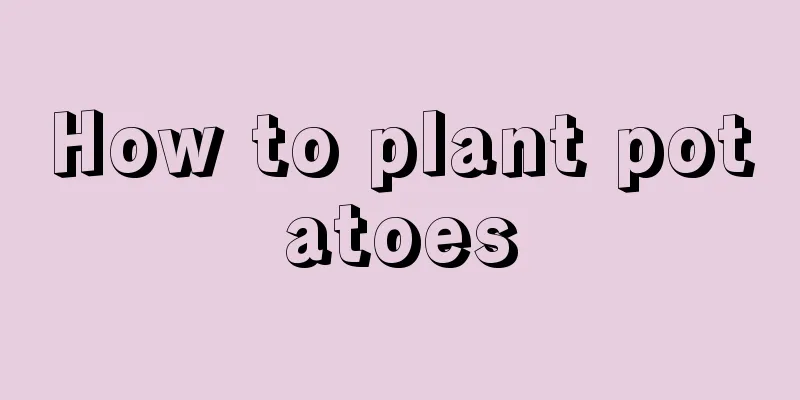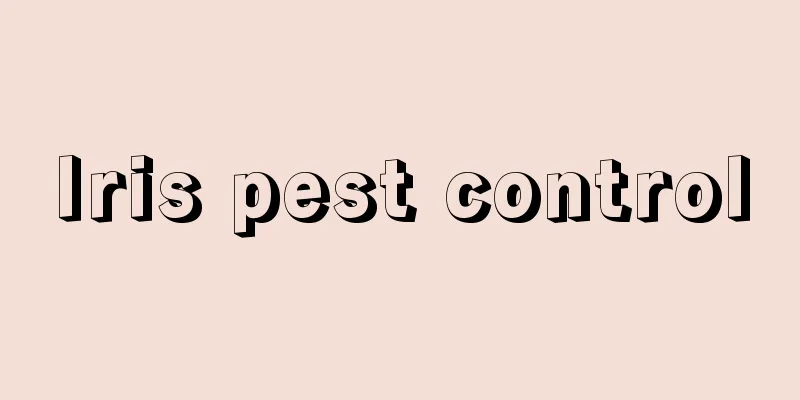How to plant potatoes

|
Potatoes , scientifically known as Solanum tuberosum, have become a widely grown crop around the world due to their drought and cold resistance and high yield. It is not only an important food crop, but is also often eaten as a vegetable with high nutritional value. Learn how to plant potatoes below. 1. Seed selection Selecting seed potatoes is the first step to ensure yield and profit. According to the local climate, potato varieties that are high-yielding, disease-resistant, of high quality and good taste should be selected to ensure that the seed potatoes are healthy and disease-free. 2. Cut into pieces and germinate Germination should be carried out in an environment with room temperature above 15℃. You can choose to use sand indoors or dig a hole outdoors. When the buds are 0.5 to 1.0 cm long, they are ready for sowing. 3. Site selection and land preparation For potato planting, you need to choose a plot with loose and fertile soil. Adopt the double-ditch planting method, dig furrows 7 to 10 days before sowing, irrigate and create moisture to prepare for sowing. 4. Planting seeds When sowing, determine the direction of the seedlings according to needs. Potatoes sown upwards have short roots, high yields but small sizes, and emerge early; potatoes sown downwards have long roots, low yields but large sizes, and emerge late. 5. Seedling management If you use ground film for covering, you need to break the film when the seedlings are exposed to the soil to let in air and avoid steaming the seedlings. When the seedlings are 10 cm tall, compact the edges of the film to retain water and suppress weeds. 6. Water and fertilizer management Control watering before potatoes bloom, water every 10 days in rainless weather, and stop irrigation 10 days before harvest. Potatoes like farmyard manure. Apply 4,000 to 5,000 kilograms per mu, mix it with the soil and then till it. Add microbial plant health conditioning liquid to the first watering after flowering, 3 kg per acre. 7. Pest and disease management Potatoes are susceptible to 35 diseases and 25 pests, including late blight, downy mildew, bacterial wilt, soft rot, as well as golden nematodes, beetles, twenty-eight-spotted ladybirds, large and small cutworms, and peach aphids. Control diseases and insect pests in a timely manner to prevent losses in production. The above is the potato planting technology. If you want to achieve high potato yields, it is important to understand the planting steps and methods clearly. Everyone is welcome to leave a message and share your experiences.
|
>>: Environmental requirements for planting Chinese medicinal materials
Recommend
Disease control of pearl bush
Leaf spot disease When leaf spot disease occurs, ...
How often should I change the water for daffodils and how should I care for them?
1. How often should you change the water? There i...
Honeysuckle planting technology and key points of cultivation management
Honeysuckle, scientifically known as Lonicera jap...
How often should orchids be watered in spring and what kind of water should be used
1. How often should orchids be watered in spring?...
Which one is more suitable for succulent plants: new or old ceramic pots?
The difference between new and old pottery basins...
How to water daylilies
climate During the entire growth period of daylil...
What should I do if there are some fallen leaves in the dance of Yale?
1. Ventilation and cooling Reason: Dancing Plant ...
What kind of grass is best for feeding cattle and sheep (Which kind of grass is high-yield and easy to grow for feeding cattle and sheep)
With the continuous development of animal husband...
What fertilizer is best for Chinese evergreen
1. Base fertilizer To apply base fertilizer to Ch...
Can prunes be grown in the south?
Can prunes be grown in the south? Plums can be gr...
How and when to plant outdoor eggplants?
Suitable time for planting eggplant in the open a...
How to fertilize delphinium
1. Seedling stage In the middle and late stages o...
Time and method of cutting of bougainvillea
Common cutting method Soil treatment First prepar...
The difference between black Tianma and Tianma
1. Plant Differences The plant of Gastrodia elata...
What to do if the leaves of lucky bamboo turn yellow
Watering Yellowing Causes Improper watering cause...









